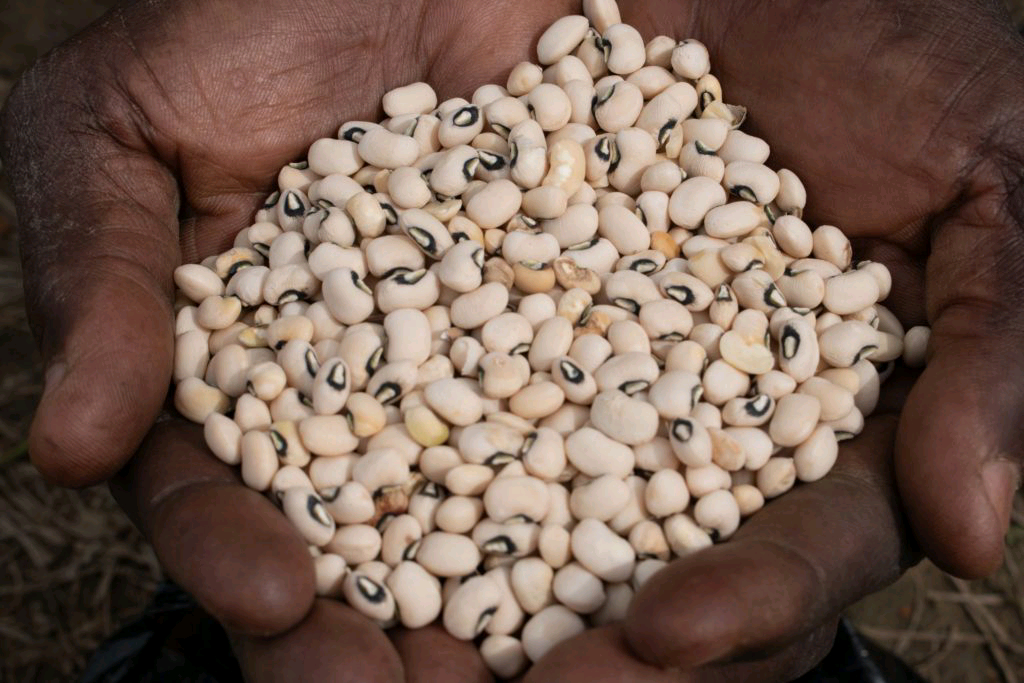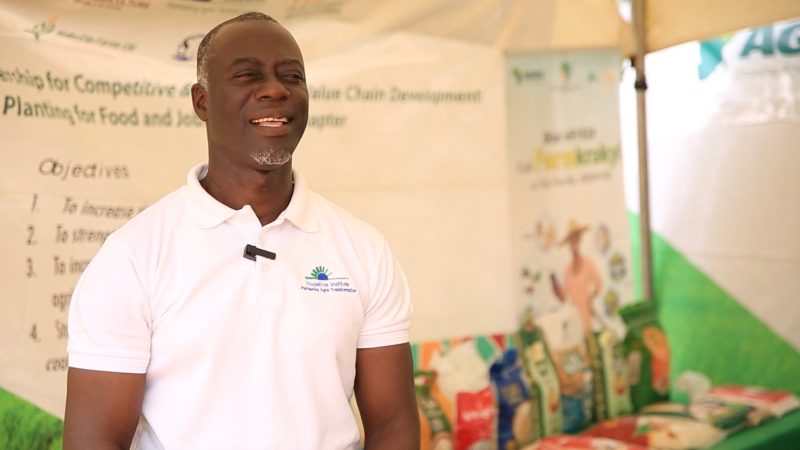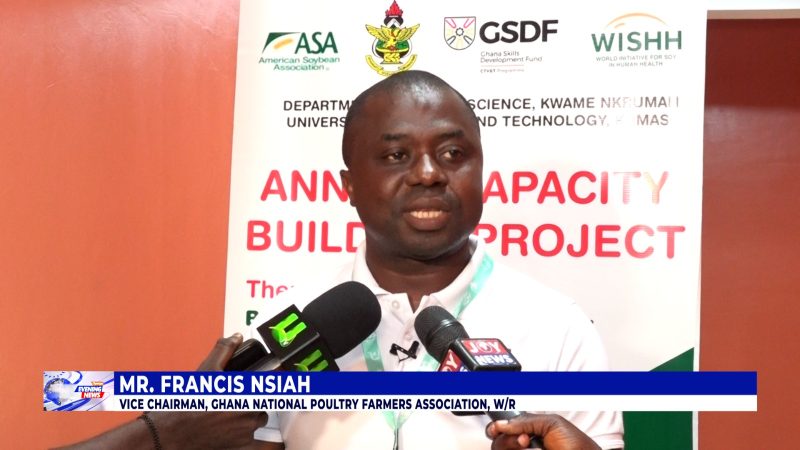
The scientists have also completed a participative varietal selection process which allows farmers to choose a particular plant from others of the same kind based on traits they find desirable.
“Meals would be prepared from the Bt cowpea and the conventional one, and people will be asked to taste and tell if they are different.”
Although the data from these exercises are yet to be analyzed, Nboyine admitted that from observations, the Bt cowpea is highly preferred by farmers due to its higher yield.
“Our next step, apart from analyzing those two sets of data, will be to conduct a sensory analysis. This is where meals would be prepared from the Bt cowpea and the conventional one, and people will be asked to taste and tell if they are different,” he said.
“We’re planning that for early this year. But our concentration now is on analyzing the available data so that we can see if we would make progress with that.”
Once the analyses are completed, the project team will submit the variety to the National Varietal Release and Registration Committee (NVRRC) for review and release to the market.
Approved for environmental release
The researchers behind the technology will still need to carry out a strategy to multiply, package, and distribute the seeds after approvals. Already, some seed companies have been engaged, pending the multiplication stage after varietal release.
After ten years of research, the Bt cowpea was finally approved for environmental release by Ghana’s Biosafety Authority in 2022.
If it is commercialized, the Bt cowpea will be the first genetically modified crop to be grown in the country.
The Bt cowpea has been genetically modified to resist the Maruca pod borer that destroys over 50 percent of cowpea pods and can only be controlled by spraying insecticides at least eight times in their three-month life cycle.
Adoption of the Bt cowpea will limit the use of harmful insecticides and save costs.
Despite high expectations, the variety will not be available to farmers until 2024 — and that will depend on how soon the requirements by the National Varietal Release and Registration Committee (NVRRC) are met.
The NVRRC is the body in charge of approving the official release of new crop varieties in Ghana.
Make foundation and breeder seeds available
Executive Council Member of the National Seed Trade Association of Ghana (NASTAG), Seidu Mubarak Abdulai, said that although seed production is sometimes delayed, the major challenge for seed producers has been the unavailability of foundation or breeder seeds for multiplication.
“That is the major challenge we have with the researchers. They release a variety and when we go to them to collect the breeder and foundation seed to multiply, they tell us to wait for two or three years,” Abdulai said.
“When you’re working towards the release of a variety, at that particular early stage, you cannot produce large quantities of the seed.”
He added that the researchers should make foundation and breeder seeds readily available for seed companies to save time.
But Nboyine disputed this, saying: “When you’re working towards the release of a variety, at that particular early stage, you cannot produce large quantities of the seed.”
He added that it is not advisable to produce seeds in large volumes when there is no green light since the varieties could be rejected leading to huge financial losses.
As part of the release process, you have to present a seed determination plan which will tell the seed council how you’re working to get sufficient quantities out within the shortest possible time, Nboyine explained.



